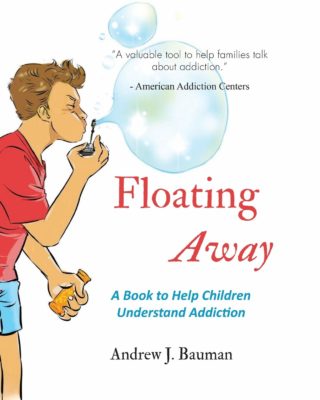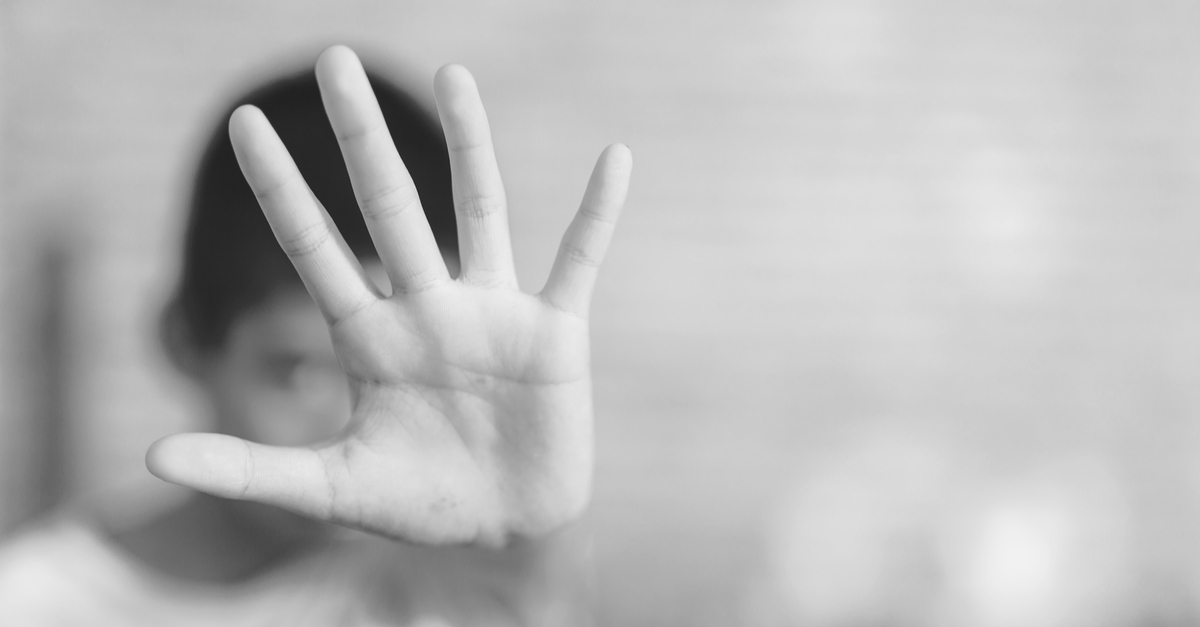By Andrew Bauman

Robert Masters writes in his phenomenal book, To Be a Man, “What we do sexually is a reflection of what we’re doing with the rest of our lives.” This statement is profoundly true, and so is its opposite. What we have done with our lives (or what has been done to us) is also a reflection of our sexuality. Meaning if you live a fairly hidden, non-authentic life, most likely you will be hidden and non-authentic with your sexuality. If you have a history of shame, most likely what you do with your sexuality will reflect the shame you have lived. If you have experienced trauma and have not properly addressed/confronted the wreckage, this unprocessed pain will unconsciously guide how you live. This dynamic is called a reenactment. One way we reenact our unprocessed wounds is by sexualizing or erotizing them.
We sexualize our wounds in a desperate attempt to heal our unaddressed pain. Porn can help for a short time by temporarily meeting many of our core needs (love, touch, emotional attunement, pleasure, and delight) that may not have been met in our childhood.
For example, if your parents were emotionally distant, most likely you longed for intimate connection. Though you were powerless to control what you received or did not receive from your parents when you were a child, as an adult you choose to have power and control over this deep unmet longing for intimacy by using pornography to falsely get that core wound tended to.
It’s important to note that your desire for intimacy is beautiful and good, and though your parents were not able to be present enough to you, it is not your fault that you were drawn to a quick imitation. You were made for intimacy, so of course you were drawn to it wherever you could find it. But now that you have become an adult you do bear responsibility for what you choose to do with your sexuality and how you choose to engage it.
You must get to the pain beneath the porn and begin to heal what was driving the porn use in the first place. If your mother was smothering, this may have created in you a feeling of overwhelming powerlessness. Maybe you sought out pornography that was male-dominated where the male in the scene had all the power and the women none. When we can hold our sexuality and arousal without judgment it can be a map to guide us into deeper healing and liberation. Porn comes in and can initially slow the bleeding of the wound. But sadly it’s a band-aid on a shotgun wound that does not actually heal the core injury. One common wound that is often neglected that I will speak about more fully here is the mother wound.
The Mother Wound
Our core woundedness can come in many shapes and sizes. There is no one size fits all when it comes to trauma. This mother wound can come in the message of “not enough.” Not being held enough, or not being engaged in healthy, non-sexual touch as a child, or not feeling delighted in, or your emotional world not being tended to. The other extreme creates the wounding of “too much.” Maybe you were being held and pursued too much, personal boundaries constantly being infringed upon, with a fear of being consumed by your mother. Both of these forms of triangulation with the mother can create an anxiety and woundedness that you now use porn to mend.
We must continue to push into our stories around our mothers to continue to dig out the roots of what drives our addictive tendencies and stop our unhealthy patterns of relating. Consider these questions as you try to kindly explore the origins of your and your mother’s relationship.
- Was she cold and emotionally distant?
- Was she emotionally cavernous, seemingly a crater without end?
- How did she relate to you emotionally, physically?
- Was she full of rage?
- Manipulation?
- Seduction?
- How did she get her emotional needs met?
Our mothers are the main example of the feminine to us. How your mother engaged you taught you how to engage women. If you are still holding anger and resentment towards your mother (unaddressed wound), is it possible that unconsciously you have been trying to get back at your mother by objectifying women all these years?
We eroticize our deepest wounds not only as an attempt to heal but also as a way to make sense of our pain. (Read Robert Masters’ work if you want to know more about erotized wounds). How do our wounds of our mothers become eroticized? It’s a simple equation of whatever core needs you miss out on in childhood you will unconsciously seek to fulfill in adolescence and adulthood, many times through pornography, as it’s the easiest and most accessible. I also think it’s quite unique how these wounds are played out with each person yet the foundational longings remain the same: deep love, genuine intimacy, and authentic connection.
A few questions you might ask yourself as you are trying to look beneath your porn use.
- What type of porn most arouses you?
- What is the desire beneath your porn?
- You are longing for genuine connection. Is there a better way to meet this desire than the ways you have tried?
***

Andrew J. Bauman is Co-Founder & Director of the Christian Counseling Center: For Sexual Health & Trauma (CCC). He is a licensed mental health counselor with a Master of Arts in Counseling Psychology from The Seattle School of Theology & Psychology. He is currently working on his doctorate from Northeastern University. Andrew is the author of four books, Floating Away: A Book to Help Children Understand Addiction, Stumbling Toward Wholeness, The Psychology of Porn, and (with his wife, Christy) A Brave Lament. You can find out more about his work at www.andrewjbauman.com and www.ChristianCC.Org.
